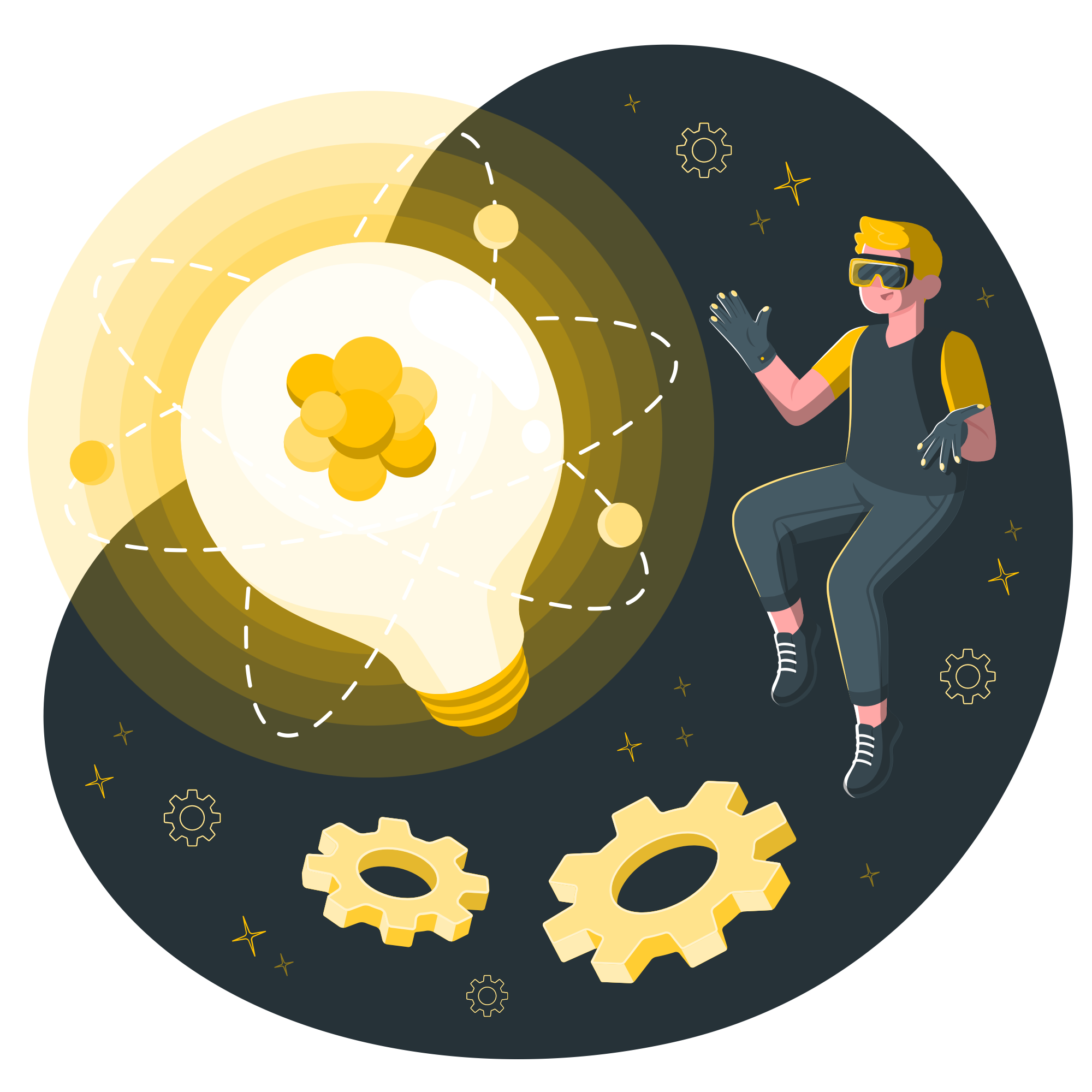Imagine yourself walking down the street, your face scanned by unseen cameras, algorithms judging your every move based on the bias created in their database. Welcome to the reality of facial recognition (FR), a technology promising safer cities and reunited loved ones, but raising ethical concerns louder than a police siren. While its allure is undeniable, is FR truly a guardian angel or a bias-fueled engine in disguise? This blog dives deep into the ethical labyrinth of FR, exploring its potential for good and its inherent biases, leaving you to decide: friend or foe?

The Algorithm Accuses, But is it Fair?
Turns out algorithms aren’t perfect. Shocking, right? Studies show a disturbing trend that FR systems often misidentify people, especially those with darker skin tones or women due to their biased database. Imagine being wrongly detained because a machine mistook you for someone else, and that too because of the bias generated during the creation of the technology! This isn’t about faulty tech; it’s about biased data and the flawed assumption that everyone’s face fits the same mould. This raises troubling questions about who gets caught in the net and who walks free of the ones who commit the same crimes.
Beyond Mistaken Identity: When Profiling Gets Personal
FR doesn’t just struggle with recognising faces; it can also learn from our not-so-great past, like airport profiling. Trained on biased data, it can perpetuate those same prejudices, leading to discriminatory targeting based on invisible characteristics. Think of getting flagged for simply existing while being of a certain race or expressing an unpopular opinion. This highlights how FR, instead of solving problems, can actually deepen existing inequalities.
Security Blanket or Suffocating Net?
The idea of catching criminals and finding lost loved ones with FR technology certainly sounds appealing. But is the constant feeling of being watched worth it? This dilemma goes to the heart of our right to privacy. Can we sacrifice freedom and equality for a mere illusion of safety? We need to ask ourselves: how much are we willing to give up for a perceived sense of security?
The Ethical Maze and Finding Our Way Out
FR might open doors to mass surveillance, potentially chilling free speech and dissent. Imagine a world where expressing your views could get you flagged as a “threat.” But don’t despair! Instead of panicking, let’s focus on solutions. We need transparency, accountability, unbiased datasets, and rigorous testing before unleashing this powerful tool. Independent oversight is crucial to prevent a dystopian future. Remember, technology doesn’t exist in a vacuum; it reflects and shapes our society. Let’s shape it responsibly.
The Choice is Yours: Friend or Foe?
The future of FR lies in our hands. Do we accept a biased AI reality, or do we actively participate in shaping technology that aligns with our values? The choice is ours. This isn’t just about understanding the risks; it’s about empowering ourselves. Join the conversation, share your thoughts, and be part of rewriting the script for our future. Remember, the future isn’t written in code; we write it!
So, what kind of story do you want to tell?
